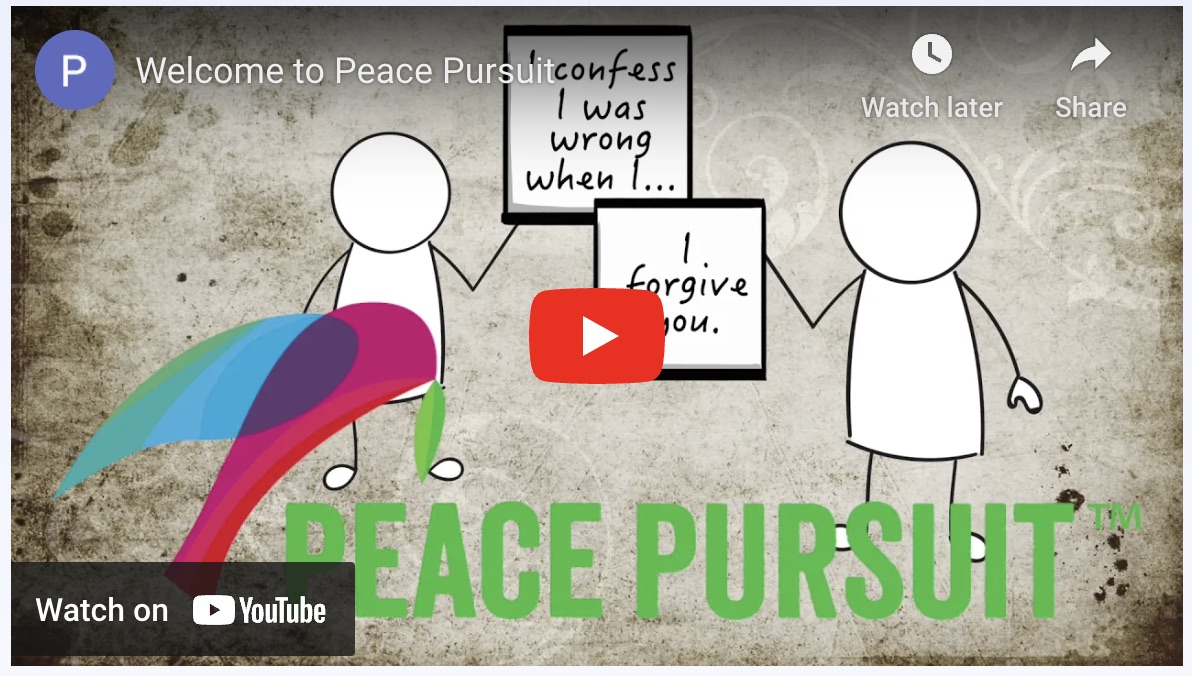The yielding of ourselves to God is one of the crucial conditions of victorious Christian living. But we want to keep this in a grace context.
The message
“I beseech you therefore, brethren, by the mercies of God, that you present your bodies a living sacrifice, holy, acceptable to God, which is your reasonable service. And do not be conformed to this world, but be transformed by the renewing of your mind, that you may prove what is that good and acceptable and perfect will of God” (Rom. 12:1,2 NKJV).
Notice that this admonition is to those who have experienced God’s amazing mercy and grace (Rom. 3:1-5:11). This is a response to Christ’s completed work of redemption.
A century ago Samuel Ridout made this observation about surrender:
“The cross is the secret of power. The cross is what we can glory in. It sets us aside, breaks us to pieces, writes upon us the sentence of death, in order that the power of Christ, through the Holy Spirit, may rest upon us. The one who has learned death, who has the sentence of death in himself [2 Cor. 4:10], is the one who will have power.
You are to make a complete surrender of your will, strength, time, talents—all that you are and have to be put upon the altar. But who makes this surrender, and what is the altar? If you make the surrender, it is self surrendering self, a most subtle form of self-righteousness. But when we see it is the cross of our Lord-that cross by which I am, I was crucified, in His death; that “I am crucified with Christ” [Gal. 2:20], when we see this, we find that it is not a question of surrender for me, but of the cross which has set me aside, that Christ may be all. Anything short of the cross only fosters pride…”
So we consider brother Ridout’s questions:
1. Who makes this surrender? Answer: The believer and the empowering Holy Spirit. This cooperation is also seen in Christ’s work on the Cross:
“For if the blood of bulls and goats and the ashes of a heifer, sprinkling the unclean, sanctifies for the purifying of the flesh, how much more shall the blood of Christ, who through the eternal Spirit offered Himself without spot to God, cleanse your conscience from dead works to serve the living God?” (Heb. 9:13,14).
2. What is the altar? Answer: The place of the living sacrifice is spiritual Jerusalem—the Cross of Christ and the empty tomb.
“But God forbid that I should boast except in the cross of our Lord Jesus Christ, by whom the world has been crucified to me, and I to the world. For in Christ Jesus neither circumcision nor uncircumcision avails anything, but a new creation” (Gal. 6:14,15).
The methodology
A few years ago GFI updated Dr. Solomon’s wheel diagrams in the spirit area. Instead of “Total Commitment” as the 5th spiritual blessing, we replaced that term with “new identity.” This makes it consistent with the other grace-based blessings which are bestowed on the believer through the New Birth at salvation (Eph. 1:3).
And we created another wheel diagram about Appropriating Christ as Life. In the soul area we list as a summary, the responses of repent, relinquish, recognize, repent, and rest. Total Surrender is considered here under the term “relinquish.” This diagram is used after the wheel and line as a response. This also fits with the context of Romans: the identification truths (Rom. 5-8) come before the surrender passage of Romans 12:1,2.
Therefore, we see wholehearted and ongoing surrender as essential but in the context of grace, not self-effort, through the enablement of the Holy Spirit.
For more on this topic, see the recent video teaching on Appropriating Christ as Life, and listen to Glimpses of Grace podcast episode #16.
JBW






